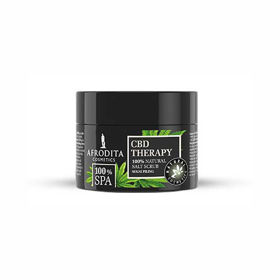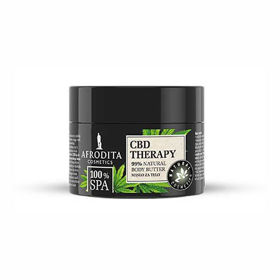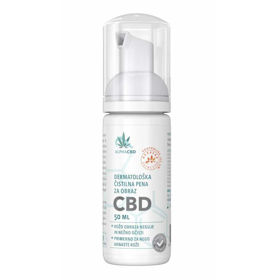Hemp, with its many uses, is one of the most useful plants for humans.
Since the chemical structure of THC (delta-9-tetrahydrocannabinol) was determined in 1964, knowledge in the use of cannabis in healthcare has advanced the most. Research into the action of cannabis cannabinoids has led to the discovery of the body's own, so-called endogenous cannabinoids, which together with a group of receptor proteins form the endocrine cannabinoid system (ECS), common to all vertebrates. The most common cannabinoid receptors are CB1 and CB2.

The former is more common in the central nervous system and the latter in the peripheral. They are also found in organs (heart, lungs, skin ...), even in the placenta, blood cells and immune system cells. ECS is the most strongly represented endocrine signaling system, so we can expect very interesting results in the field of the use of plant cannabinoids in medicine in the coming years.
In cannabis (Cannabis sativa), cannabidiol (CBD) is the most abundant of the more than 80 known cannabinoids, followed by THC. Because CBD has no psychotropic effects, it enjoys the focus of drug development research. To date, over 100 clinical trials have been conducted, and three products are registered as drugs: Nabilone contains a racemic mixture of synthetic THC used to relieve nausea and vomiting during chemotherapy; Dronabinol also contains a synthetic but naturally identical pure (-) - trans THC isomer; Sativex is the first registered cannabis extract where THC and CBD are in a 1: 1 ratio, and is used in the form of a spray to relieve cramps in multiple sclerosis. Science is intensively involved in the use of these active ingredients to relieve neuropathic pain. Successful results can be shown in the areas of reducing the intensity of epileptic seizures, appetite regulation or. obesity reduction, cancer treatment and many others.
With the flood of testimonials on the successful treatment of cannabis preparations and the fact that CBD is not a legally regulated substance, the supply of CBD preparations is growing rapidly. The availability of CBD preparations also allows for an easy extraction process, but precisely because of the lack of legal requirements, the quality of such preparations is highly dependent on the accuracy and standards of the manufacturer's work. The greatest health hazards when using hemp extracts obtained with various organic solvents are heavy metals, residual solvents and their derivatives, which are present as impurities or are formed at elevated extraction temperatures. Safe procedures certainly include supercritical extraction with liquid CO 2 , as this process takes place at low temperature and no other organic solvents enter it. Although the quality of cannabis preparations on the market is improving, we must be careful and carefully review the available information, take into account the manufacturer's professionalism and seek the opinion of a pharmacist without hesitation when choosing a preparation that is not a registered medicine.
Cannabis extract in Alpha CBD capsules
Alpha CBD capsules with BIO industrial hemp extract:
- high cannabidiol (CBD) content
- exceptional purity of the extract (supercritical extraction with CO2)
- easy to use and dose
- friendly to the stomach, without flatulence and bad taste
- also suitable for vegans












 Facebook
Facebook
 Instagram
Instagram
 info@moja-lekarna.com
info@moja-lekarna.com

